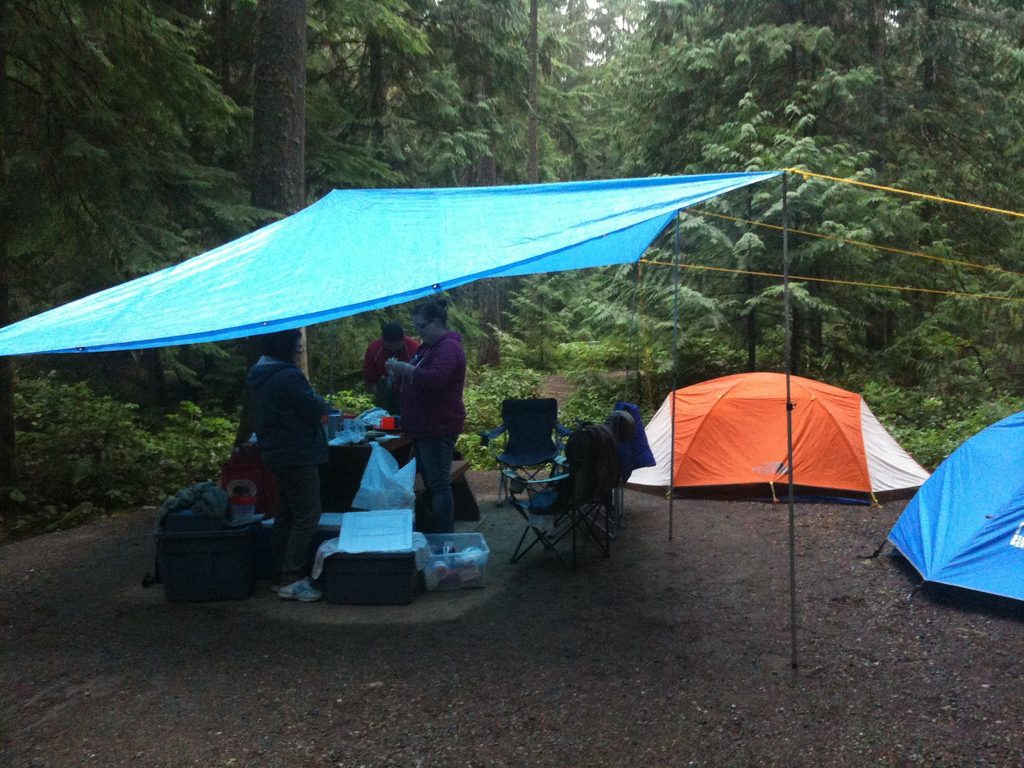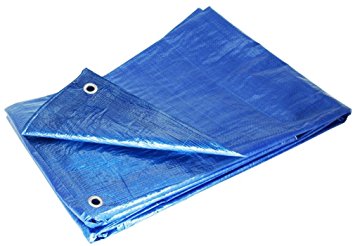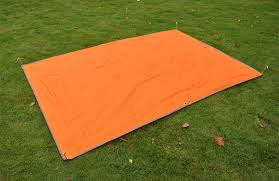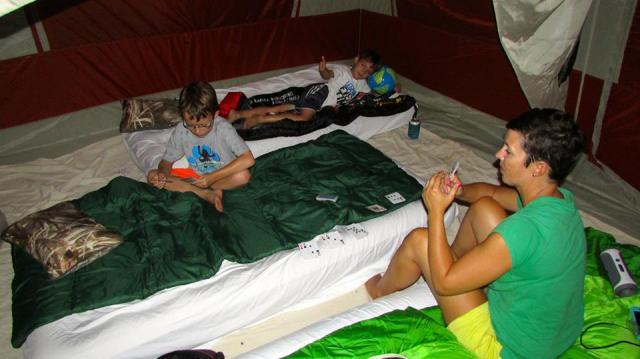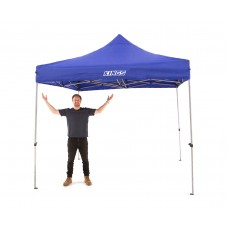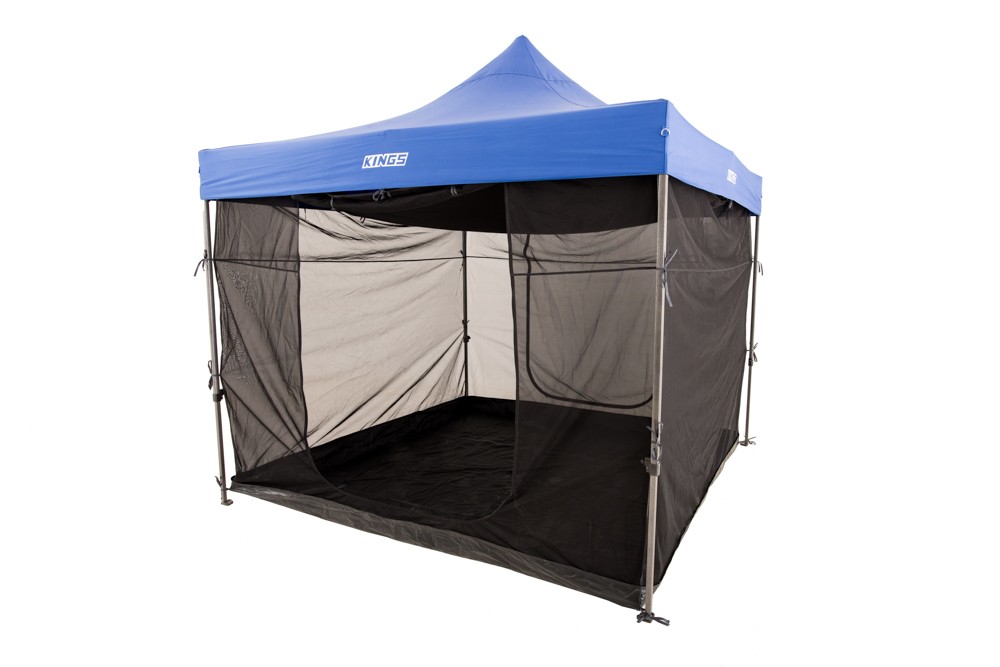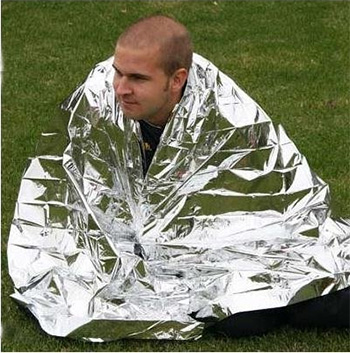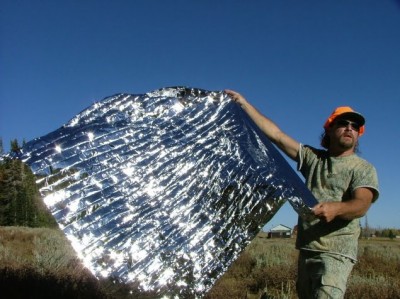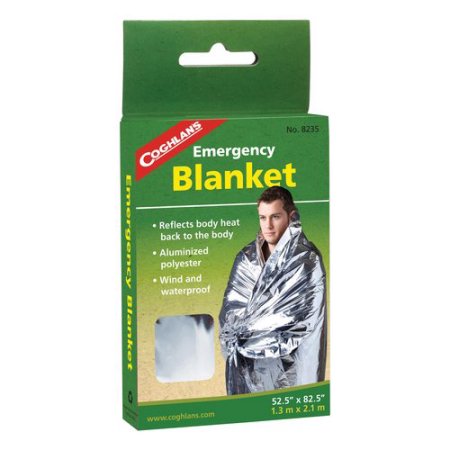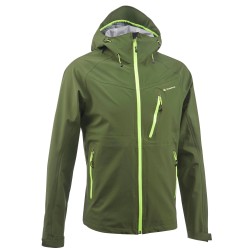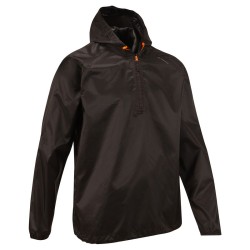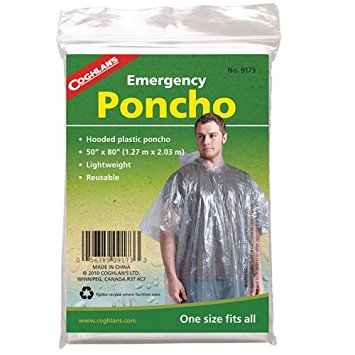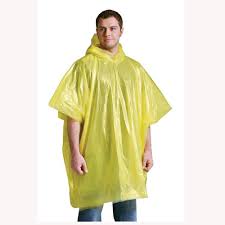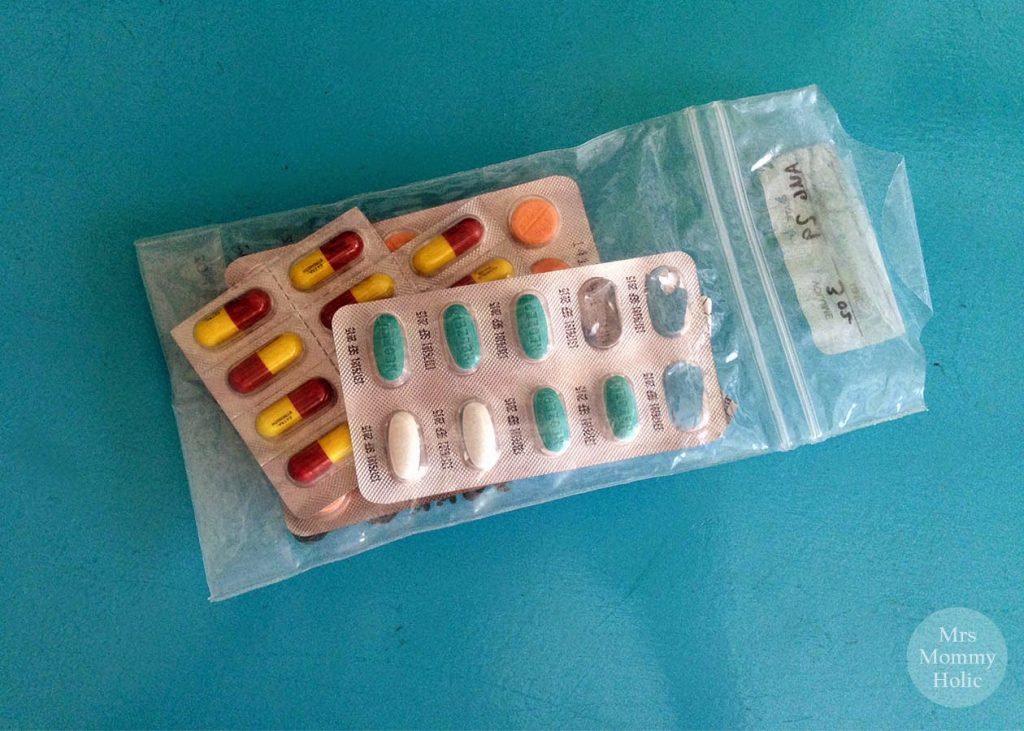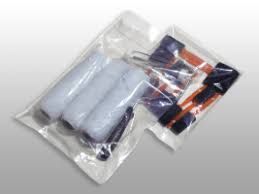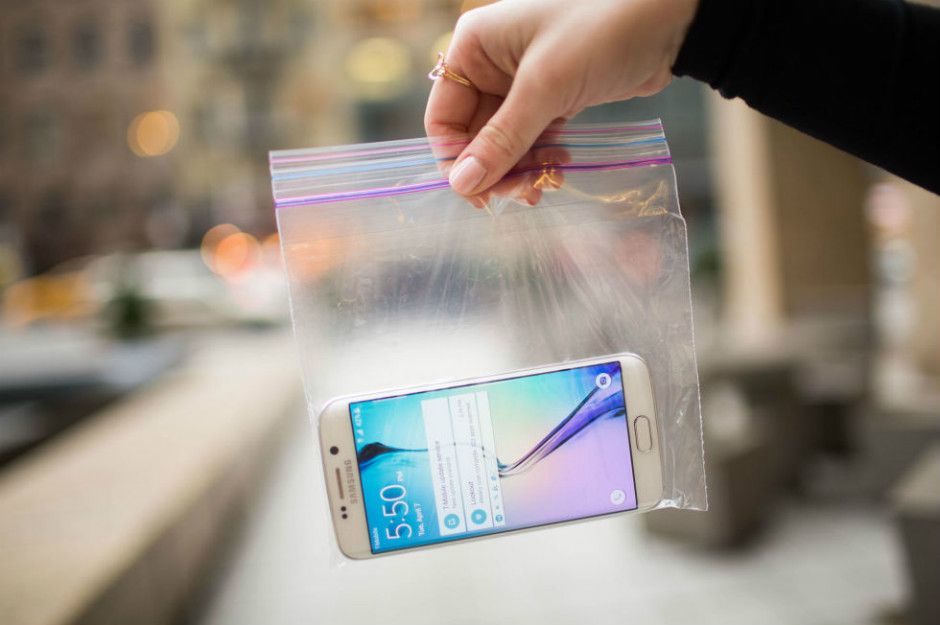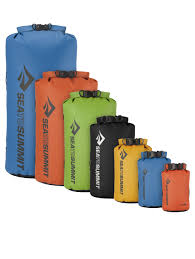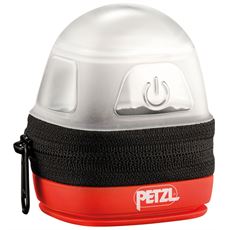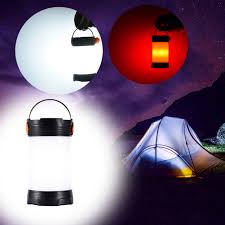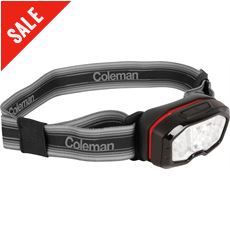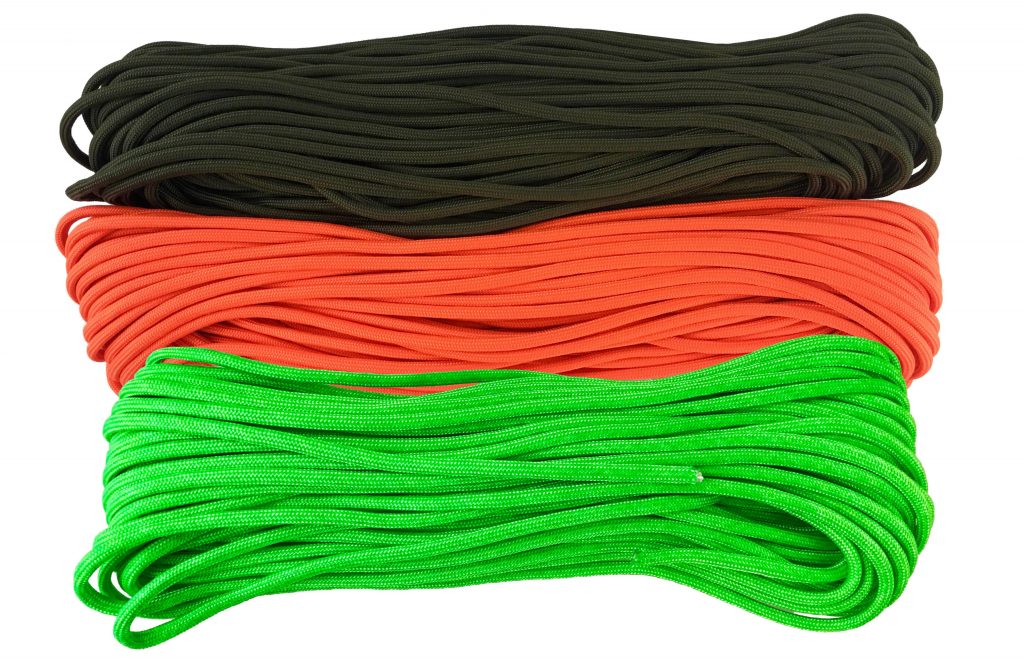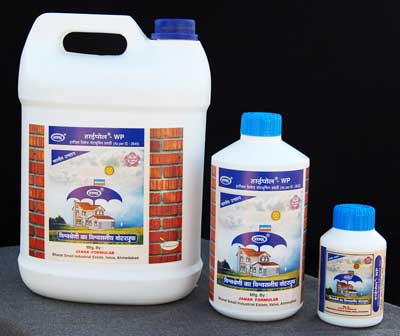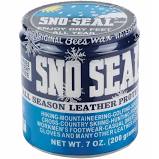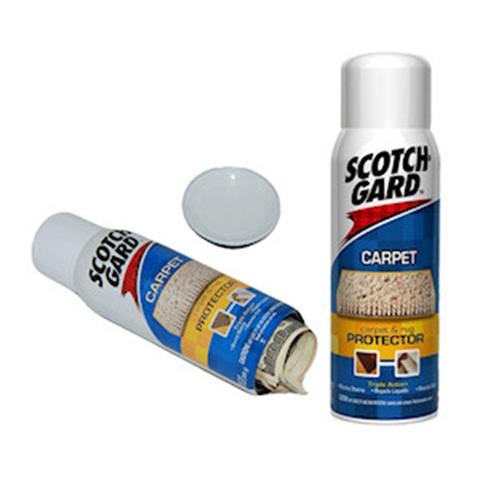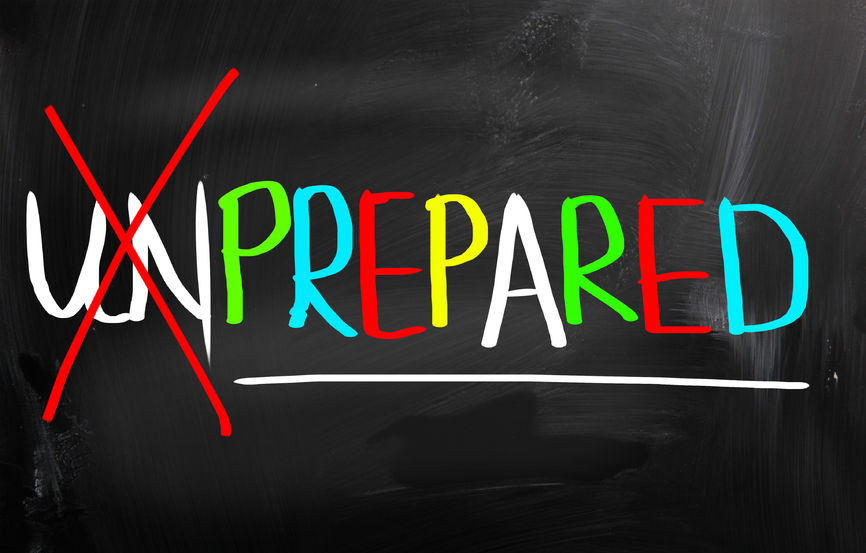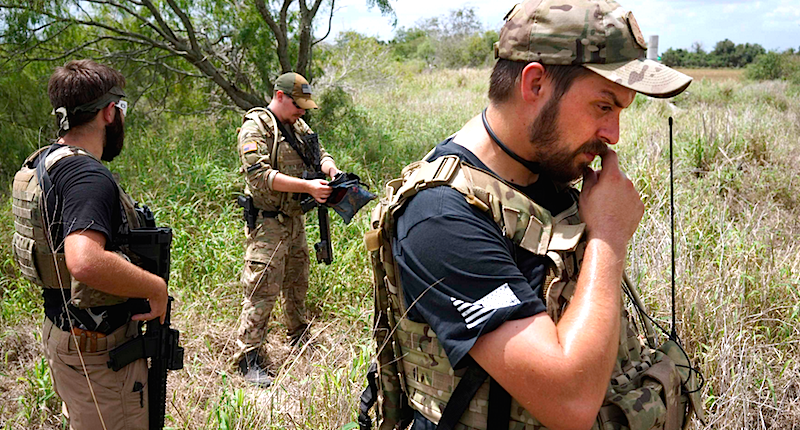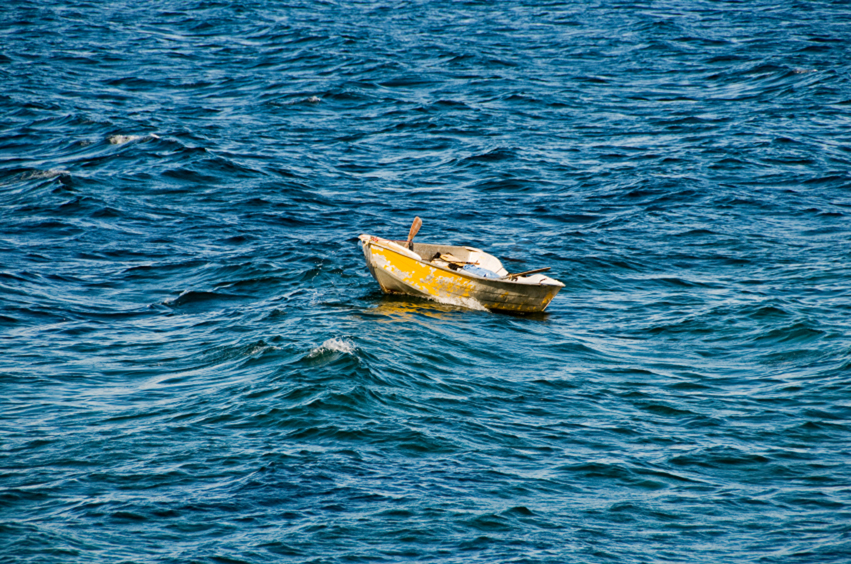Editors Note: A guest submission from Brian John to The Prepper Journal. Time to start prepping for swim suit season. As always, if you have information for Preppers that you would like to share and possibly receive a $25 cash award as well as being entered into the Prepper Writing Contest AND have a chance to win one of three Amazon Gift Cards with the top prize being a $300 card to purchase your own prepping supplies, then enter today!
As preppers our most important tool, and our single point of failure, is ourselves and the shape we are in so many people have been wondering whether boot camp is an efficient way to shed off some weight. You may be one such person and that is why you are looking for information about this topic. There are a lot more, only that you will never hear them talk about it publicly.
Boot camp fitness can be equated to military training (though the editor recalls being called things in military boot camp that no paid instructor would dare say). The grunting and sweating which soldiers do experience while sprinting and jumping is probably the best way to get rid of some calories. The exercise is not always meant to determine how much torture one can sustain but rather meant to gain some fitness which includes losing weight.
In the same way, boot camp draws a lot from the military training. The concepts of interval workouts that are followed by the exercise of slower paces apply to both boot camp and military training. The boot camp will also equip you to be fit, hardy and acquire the necessary shape, body size and form that will be useful if you are thinking about dry camping.
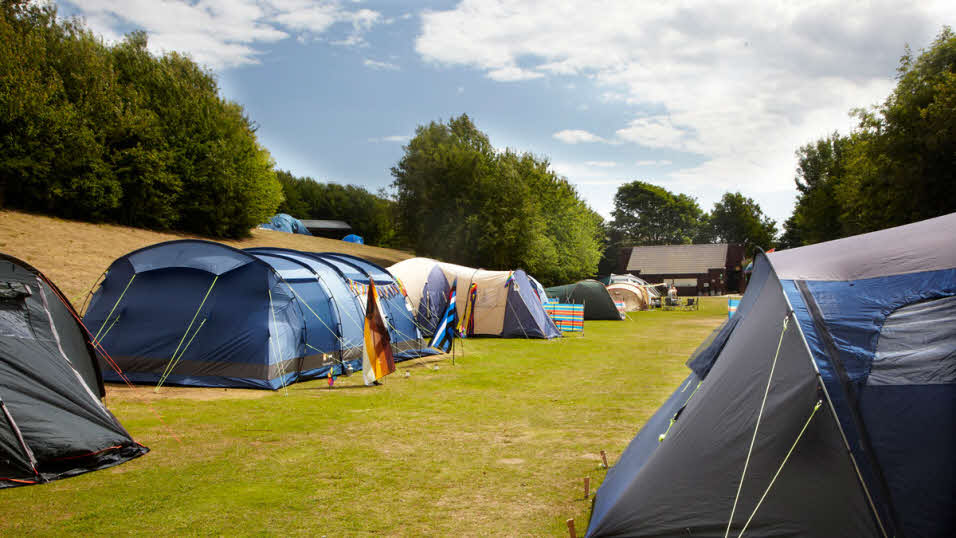
Is Boot Camp Effective in Losing Weight?
Can you imagine that it has already been proven that boot camp is the best way to lose weight compared to the routine gym? The former is known to help in losing fat and calories within a short duration. Doing away with too much fat in the reservoirs is all that is needed for weight loss.
The fact that your muscles are allowed to work by themselves without any machine supporting the body makes boot camp more efficient. More calories are burnt as the core muscles are engaged.
Video: The Workout
Activities to Undertake During Boot Camp
Not all activities undertaken during a boot camp are efficient when it comes to shedding off the extra pounds. You need to only focus on the most efficient activities in order to get it right.
These activities are:
Cardiovascular Activity
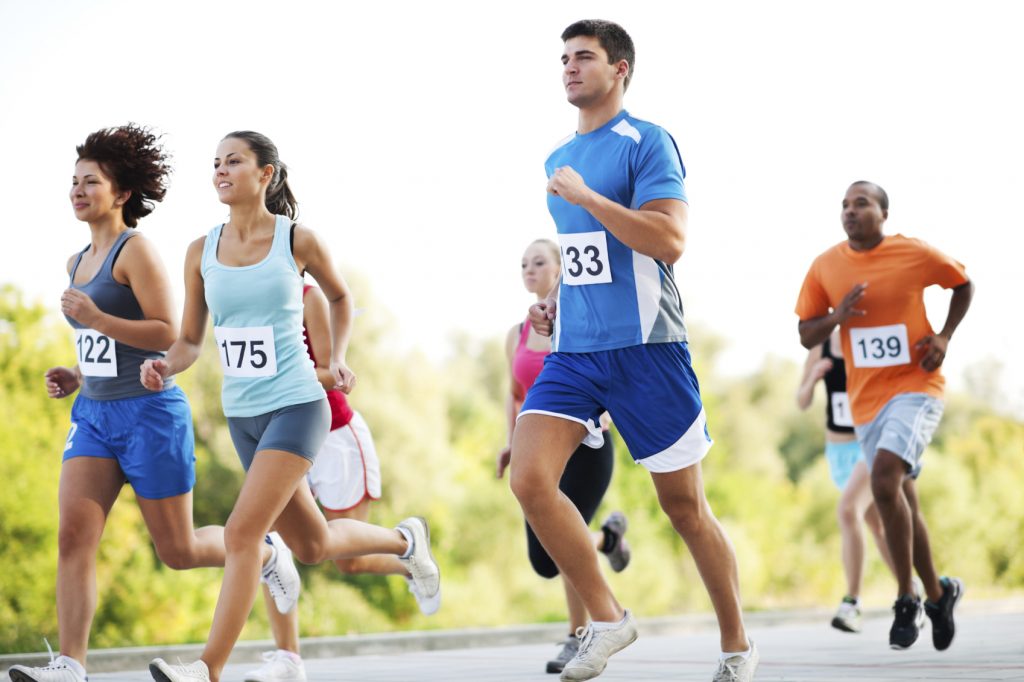
The step to losing weight starts by identifying boot camps that have programs that you are sure will meet your goals. The best boot camp is, therefore, one that supports some advanced amounts of cardiovascular activities. You can always do some research prior so that you are well equipped with options to choose from.
The best way to do it is by having at least 150 minutes of aerobic exercise in a week, that is less that 22 minutes a day – done right. You can start from moderate and change gradually to the vigorous levels as time goes by. The vascular activities can take the form of a jumping rope, sprinting, jumping sacks, navigating obstacle courses as well as running stairs.
Strength Training
There is no way you can lose weight without gaining some strength. The strength is usually gained on the muscles, core, lower and upper parts of the body. Multiple joints, tendons and muscles usually derive their strength from compound exercises like dumbbell lifting while doing triceps extensions and deep squats.

Remember to have the triceps extensions and lunges paired together. Some of the activities that are extremely good when it comes to gaining strength include:
- Cycling
- Squat jumps
- Pushups
- Pull-ups
- Abdominal crunches
- Jumping jacks
- Burpees
As you gain some strength, the muscles gained replace fats which result in a raised metabolism. The end result is more burned calories. Do note that muscle is more dense than fat so a gain in weight can be a positive. Let common sense be your guide.
How Intense is it to Lose Weight?
There is no need to lie here. Losing weight is not child’s play. Exercise has to be intense to achieve the desired results. Nothing comes easy, remember that. This is not to scare you away, just to ground you expectations.
The boot camp workout should, however, be possible for any person. If it happens to be an impossible process, then I bet nobody will ever consider it as a way to lose weight. It is always a great idea to start by building your strength to endure the coming activity. From here, increase the effort gradually to get the best results.
It actually becomes easier as you progress. The challenge can, however, be felt. You should burn less fat and calories when the body starts to take the routine positively. Always try out different workouts to prevent the muscles from enjoying some comfort.
Important Tips That Should Be Followed
There are some basics that most people can ignore but they are very important. In this section, we are going to lay them bare and discuss them in details. It is only through this that no room will be left for mistakes.
Take Lots of Fluids
The first tip is to keep yourself hydrated. You are likely to sweat during the workouts. This means that a lot of water will be lost while undertaking the activities. The only way to keep your water levels balanced is by drinking some more.

Again, you need to remember that bouncing around with a belly full of liquid is difficult. Therefore, it is necessary that you take only a small amount of water. Otherwise, you won’t enjoy everything boot camp puts you through. But it is advisable to carry some bottles of water with you to the boot camp.
Build the Right Attitude
Secondly, weight loss is all about attitude. If you have the wrong attitude, you will not manage the activities involved. However challenging the workout is, just motivate yourself. At times, your muscles should burn and your heart should be racing. All you need to do is just laugh to release the tension so apparent on your face.

Obey the Instructor
Thirdly, listen keenly to your instructor. Listening is a virtue that can take you places. Do not concentrate on the pain. Quitting should never be in your vocabulary. Just keep going even if you are told of the next difficult steps ahead of you. If you keep your mind on your instructor, you will get your mind off the pain.

Take Deep Breaths
Breathing and working the abs/core are other important aspects of boot camp fitness so even though the toughest of exercises make sure to catch some breath. It should be a simultaneous process that also involves contracting your abs to protect your back.
At first, it appears uncomfortable and very awkward. Your body will, however, adjust itself with time to make deeper breaths whenever your abs gets engaged. Your body needs a lot of oxygen at such a time.
Be Active and Always Try to Perform Well
Being the first during any fitness session is very encouraging. It does not only give you a clear view of the instructor’s directions but also makes you not feel lethargic. Whenever you are at the front, you will not be prone to the ideas of giving up.
Do not stop moving if you experience muscle soreness. Other serious health conditions like plantar fasciitis can take you down in the process of taking the routine activities. You will need the best boots for plantar fasciitis to help you work without any strains on the tendon and ligaments.
Avoid Mini Breaks
Mini breaks must be avoided to ensure that fresh blood is pumped into the muscles to prevent any kind of unwanted condition. Coming out of the boot camp injured is unrealistic. The aim of the boot camp is to lose weight and nothing else.
Take Some Electrolytes After Every Workout

Last but of equal importance as the rest is the need to load up electrolytes into the body after every workout. Sweating causes loss of essential electrolytes in excess quantities. The best you can do to your body is to ensure that the lost electrolytes are replenished by taking electrolyte-filled snacks and staying in a cool tent if you were undertaking the boot camp activities in the wilderness.
Proper Attire for Boot Camp Aids in Weight Loss
Regular workout clothes such as shorts, tank tops and t-shirts are just fine with boot camp fitness. You can always have clothes that you are not attached to if one of the activities you are likely to have is about groundwork such as rolling on the ground.
Your feet are also not left behind. Make sure that the footwear is good-fitting and breathable. This is the only way to reduce cases of having blisters on the foot while at the same time ensuring that you are comfortable during the entire sessions.
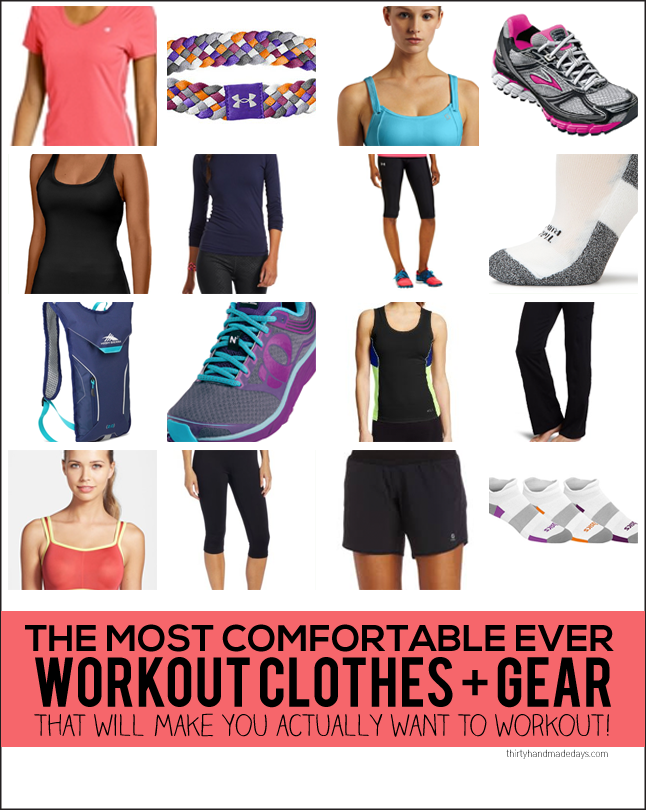
Another important thing to consider while choosing the right gear for boot camp is the weather. In the scorching sun of the summer, choose sweat-wicking and light fabrics. With such, you will surely feel like the hot sun is non-existent.
Additionally, during the snowfall during the winter, you need to stay warm and the best way is to ensure that you have heavy clothing with you. You should not overheat nonetheless.
Wrapping Up
Your desire to shed off some pounds will be like a drop in the ocean if you fail to choose an appropriate diet. Poor eating habits are what lead to your weight gain meaning that even if you perform perfectly well in the boot camp activities and maintain the usual meals, then there are high possibilities that you are not losing the weight.
I believe the tips on boot camp for weight loss have been of great help to you. Nothing has a lot of fun as enjoying an outdoor activity which at the same time doubles up as workout process.
Follow The Prepper Journal on Facebook!
Author Bio
I am Brian John, I am very passionate about camping and any other outdoor activities. I take pride in interacting with nature in more special ways like camping, hiking, mountain climbing among others. I love sharing my experiences and ready to interact with other people who share the same passion with me through Enjoy The Wild blog.
. How prepared are you for emergencies?
#SurvivalFirestarter #SurvivalBugOutBackpack #PrepperSurvivalPack #SHTFGear #SHTFBag


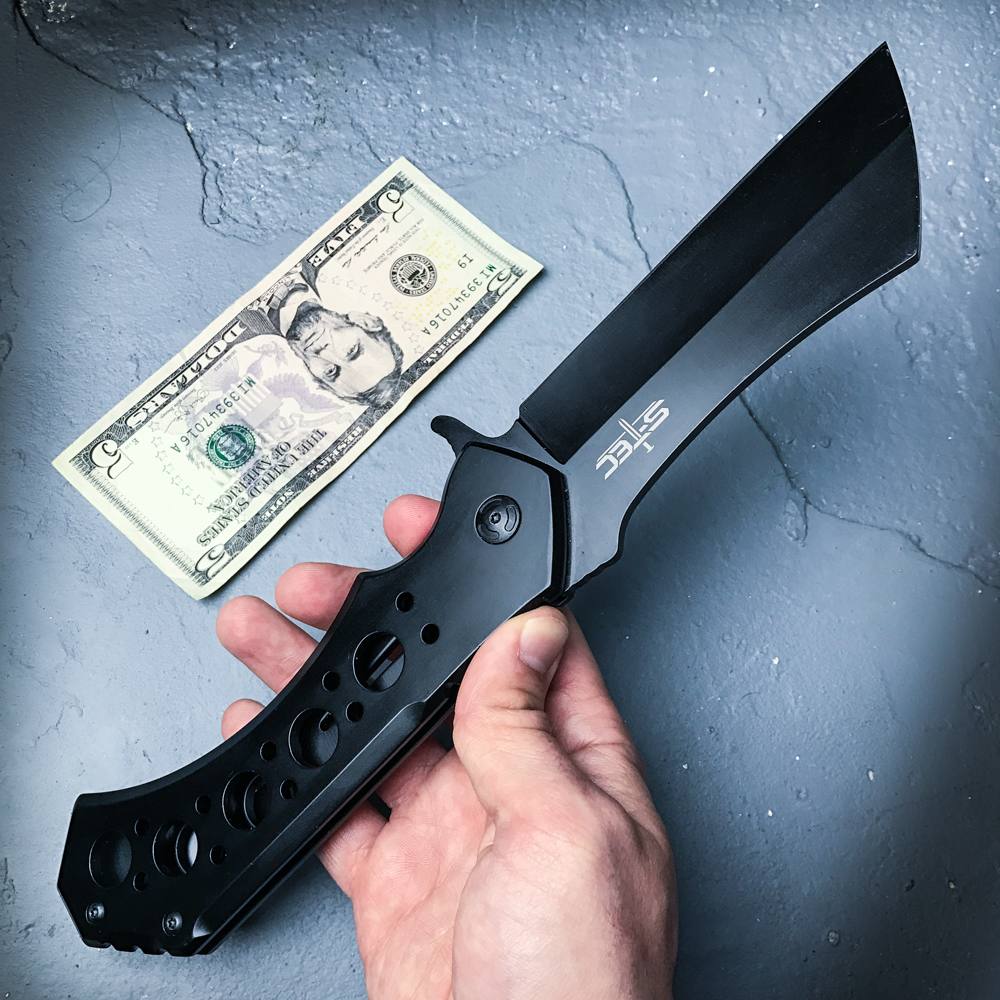
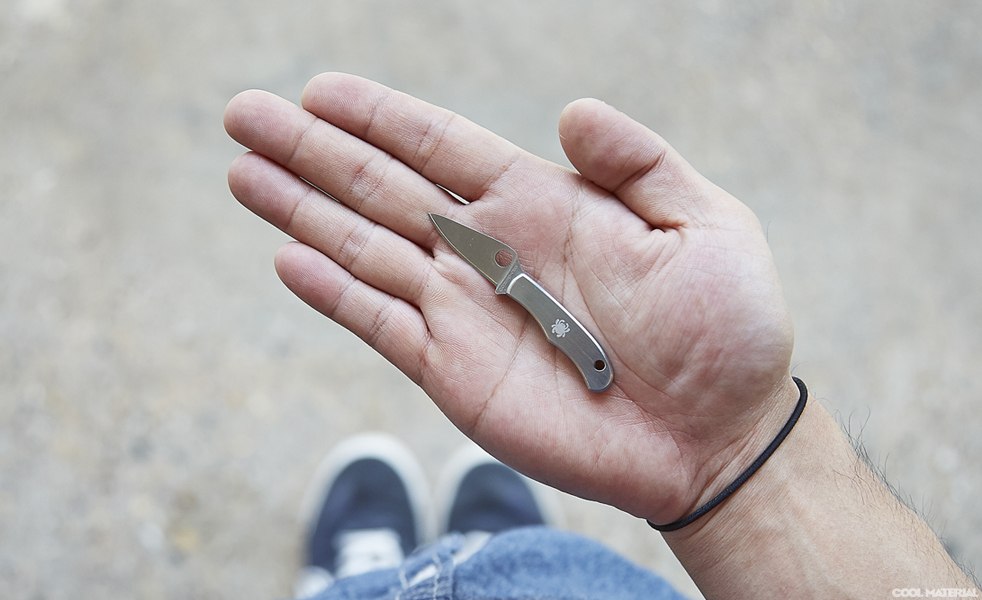
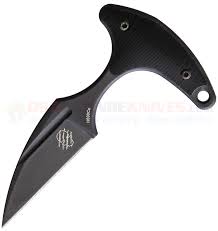
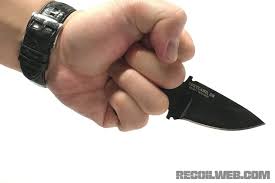
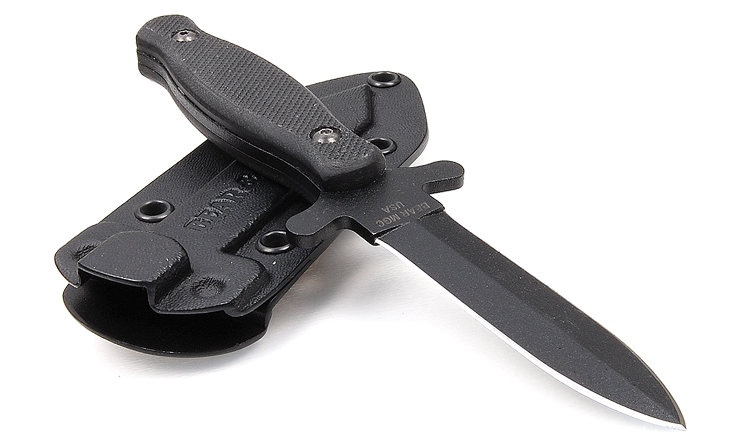
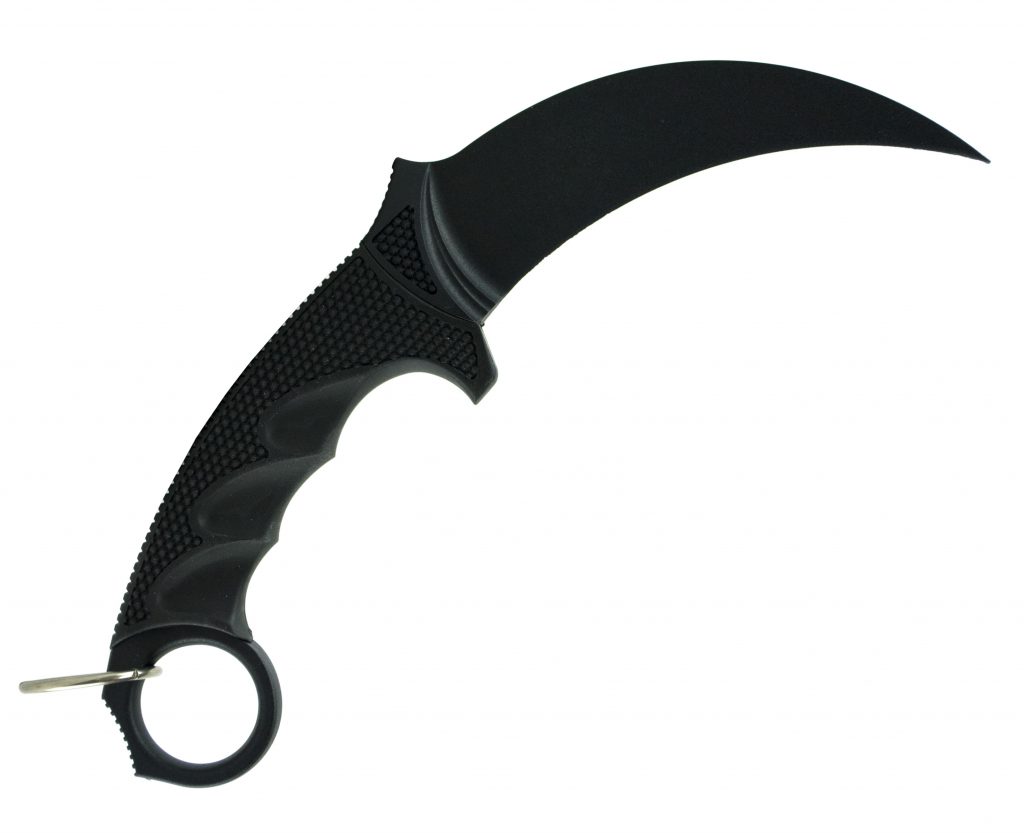
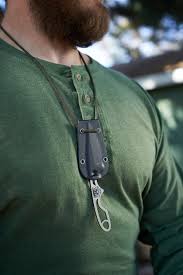
 What are the requirements for a survival rifle? I will attempt to answer this question and provide what I think is the best answer. These rifle features are of primary importance: rugged and reliable, easy to use, carry and maneuver, adequate bullet range, easy to get ammunition, multiple loads ammunition, bullet casings reloadable
What are the requirements for a survival rifle? I will attempt to answer this question and provide what I think is the best answer. These rifle features are of primary importance: rugged and reliable, easy to use, carry and maneuver, adequate bullet range, easy to get ammunition, multiple loads ammunition, bullet casings reloadable I have only been a beekeeper for about four years, but I vividly remember wanting bees when I was five years old. My grandma would take me to get honey from a beekeeper in town. I would walk to the hives and watch the bees while my sisters were too scared to get out of the car. Freddy, the beekeeper, would warn me that I was going to get stung, but I didn’t care. Bees fascinated me. He would teach me a little something every time we bought honey, and he’d save some honeycomb for me. I loved chewing the comb.
I have only been a beekeeper for about four years, but I vividly remember wanting bees when I was five years old. My grandma would take me to get honey from a beekeeper in town. I would walk to the hives and watch the bees while my sisters were too scared to get out of the car. Freddy, the beekeeper, would warn me that I was going to get stung, but I didn’t care. Bees fascinated me. He would teach me a little something every time we bought honey, and he’d save some honeycomb for me. I loved chewing the comb.